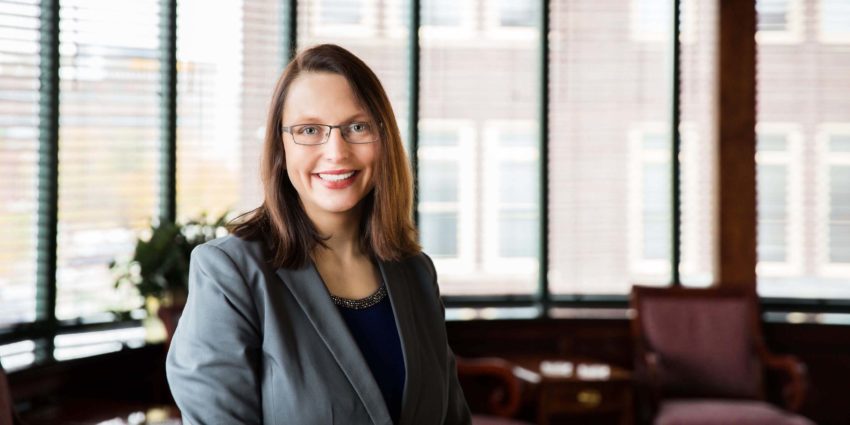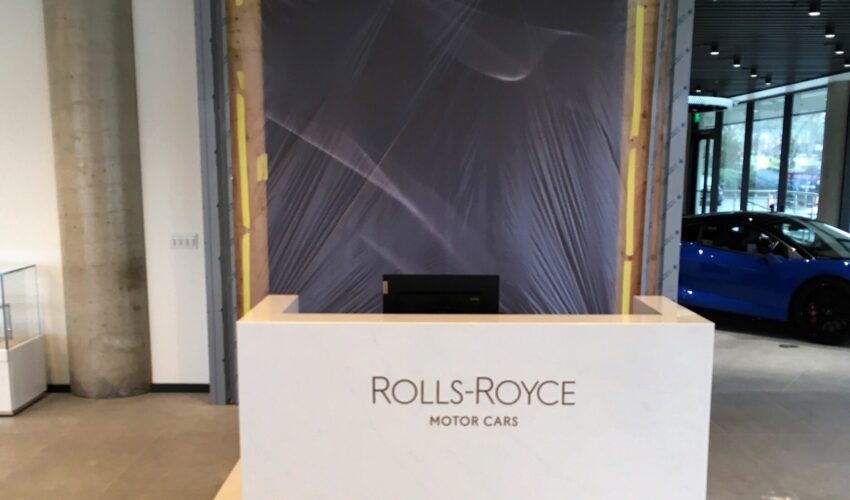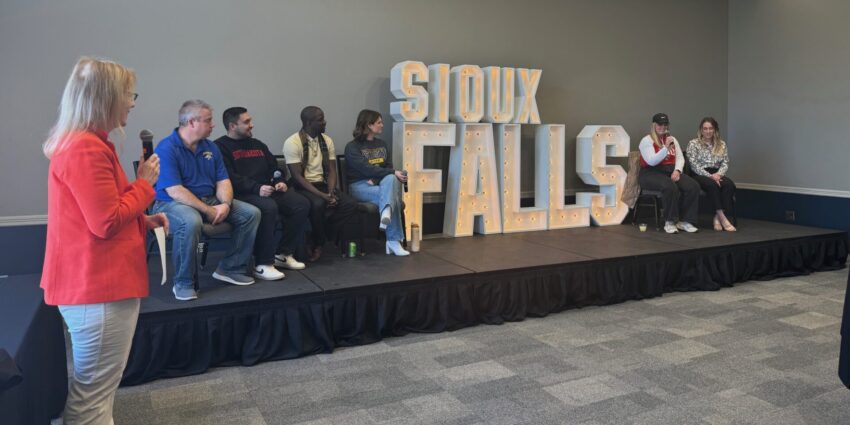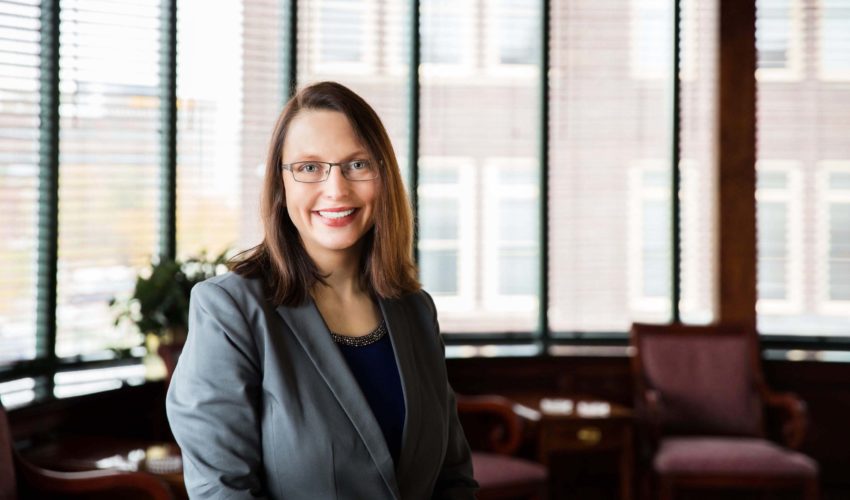COVID-19 and commercial leases: What you need to know
Aug. 5, 2020
This paid piece is sponsored by Woods, Fuller, Shultz & Smith PC.
By Carey A. Miller, business attorney
The spread of COVID-19 and the scramble to combat it have introduced significant uncertainty into all our lives. This uncertainty extends to tenants and landlords under commercial leases, who now face challenges they could not have predicted six months ago. As many businesses face interruptions and temporary restrictions, the parties to a commercial lease should be ready to address these coronavirus-related issues.
Know your rights – and responsibilities
The first step for a commercial landlord or tenant is to know its rights –and responsibilities – under the lease. A party should review its obligations and the events that may trigger a default, including checking if there are fees or other penalties associated with a default. Some leases contain a force majeure clause, which provides temporary suspension of certain duties during natural disasters, social upheaval or “acts of God.” However, this clause does not usually suspend payment obligations and may not be broad enough to include COVID-19 or its downstream effects. Other lease clauses that require consideration include exclusive-use provisions, covenants requiring continuous operation and clauses delegating control over and maintenance responsibilities for common areas.
Beyond the basic lease terms, commercial landlords and tenants also should understand any government orders and safety guidelines. It will be useful to know if there is a moratorium on evictions in the jurisdiction and to identify any criteria for the moratorium. Even if there is a moratorium, it may not excuse the tenant from its obligation to pay rent.
Create your plan
Once a party has a firm grasp of its responsibilities under the lease and any government orders or guidelines, it should develop a plan to respond to COVID-related difficulties. For example, a tenant may want to request a rent abatement or deferral. On the other hand, a landlord concerned about safety of common areas may consider steps to limit access or require additional cleaning by a tenant. Developing a reasonable plan requires consideration of the other party’s needs. For example, a tenant seeking to adjust or defer the rent might offer to extend the lease term or consider making a partial payment to help cover the landlord’s fixed costs such as insurance and real estate taxes. A plan may need to be very creative since landlords and tenants need solutions for their particular challenges.
Communicate effectively
Establishing good communication is the most important factor for successfully navigating the challenges of a commercial lease in the wake of COVID-19. Both parties may find themselves subject to external factors beyond their control. For this reason, gamesmanship and threats can easily hinder progress. Further, just because one party has the power to exercise a traditional right or remedy does not automatically make it the best choice at this time. Landlords may choose not to evict tenants for COVID-related rent defaults in an effort to preserve future income streams. Tenants may agree to limit access to common areas or share the burden of enhanced safety measures to protect their customers. Commercial landlords and tenants should strive to communicate respectfully with one another to reach a conclusion that avoids unnecessary harm to anyone.
In some instances, this communication will need to extend to third parties with an interest in the lease. A landlord may need its bank’s consent before agreeing to modify the lease or rent schedule. Likewise, a tenant may need to take steps to ensure any change is properly communicated to and authorized by its owners.
Document the deal
Finally, the parties should document any changes made to the lease arrangement. In some cases, an email chain might suffice to establish a single, temporary adjustment to the lease. However, major changes or those that involve multiple lease provisions likely require a more formal amendment.
COVID-19 has forced many parties to commercial leases to navigate less-than-ideal circumstances. But planning and effective communication go a long way toward easing concerns. For additional information, contact Woods Fuller attorney Carey Miller, or visit woodsfuller.com.








